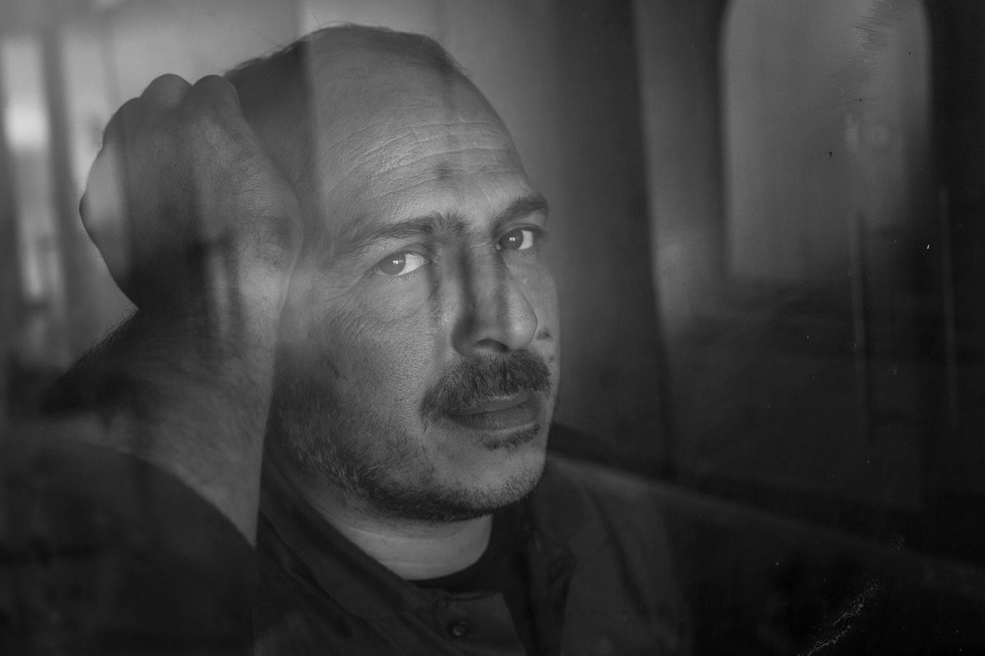
The protagonist is a young man with mental health illness who has been a user of a day care center for the past few months.
The social service professionals are working to improve the man’s autonomy and decisiveness, since he has problems of self-esteem and emotional dependence to his parents. The latter are highly controlling and possessive and they leave no space for his autonomy. By fearing that he might “get himself into troubles” or “get hurt”, they do not let the protagonist go out alone. When he has activities at the day care center, they take him there and they come to pick him up. During the day, they call the professionals at the center to make sure that the young man is still there. He is making progresses and he is achieving good results. Notwithstanding that, when his parents are present, he blocks up and he seems to lose his ability to express himself and to communicate his needs. He becomes suddenly more indecisive, unconfident and anxious. After a while, the mental health professionals working in the day care center decide to talk to the parents about the progress their son has made. However, they do not seem to care about the good news they are informed about and they continue using patronizing attitudes towards him. On the other side, the protagonist keeps on showing a sudden lack of autonomy only when his parents are around.
Theoretical background
Aggression type
Relational aggression – emotional violence.
Emotions: anxiety, sadness
Coping/Stressors related to mental illness/social stigma
Coping/Functional coping strategies
Questions and answers
1st Question
At what point in the scenario do you find that the protagonist was a victim of violence? To what kind of violence does the scenario refer to?
1st Answer
The parents of the protagonist patronize and control him. They treat him as he is not able to be independent, even if he has proved the contrary. The violence is perpetrated by the parents during the whole period the story refers to.
2nd Question
Do you think that the thoughts, the actions, the feelings and the attitudes adopted by the protagonist of the scenario helped him/her to cope with this situation? Are there any alternative ideas?
2nd Answer
He feels powerless and not able to be independent. However, he is “indecisive, unconfident and anxious” only at the presence of his parents. He has improved his autonomy and self-esteem, but he is afraid of failing in front of his parents. He should always remind himself that he is able to take his own decisions and that the others have to respect them.
3rd Question
What other interventions and actions could further help the protagonist to deal with this incident and with any potential similar incidents in the future?
3rd Answer. The professionals should keep on validating the protagonist and leading him to the awareness that everyone can fail: there is no learning without making mistakes.
